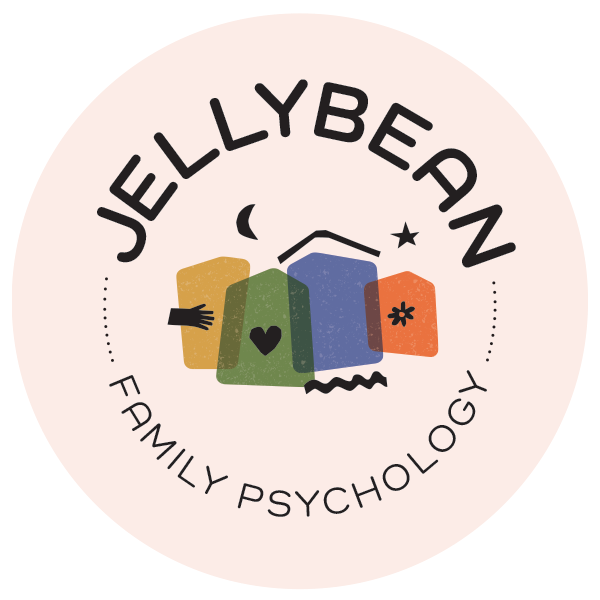
Positive Behaviour Support
Positive Behaviour Support is a person-centred and proactive approach to understanding and managing challenging behaviour.
Instead of using punishment or restrictive practices, PBS focuses on identifying what’s driving the behaviour and teaching positive alternatives. The aim is to improve someone’s quality of life by encouraging positive behaviour, building useful skills, and creating environments that help people thrive. It’s grounded in evidence, respectful of the individual, and involves working closely with families, carers, and professionals.
How can behaviour support help you?
Positive Behaviour Support provides practical support that can help individuals to:
Enjoy a better quality of life
Receive support tailored to their needs and aspirations
Build strong, lasting relationships
Learn new skills to navigate challenges
Experience greater choice, control, and inclusion
Be understood and supported by informed, well-trained professionals
Reduce the use of restrictive practices wherever possible
What is involved?
Support is delivered by specialist behaviour practitioners who collaborate closely with individuals, families, carers, and support teams. Together, they:
Develop a personalised Behaviour Support Plan
Implement strategies and monitor progress
Adjust supports as goals and circumstances evolve
Behaviour Support Plans
Plans are tailored to each person and fall into two categories:
Interim Plans: Focused on short-term safety while a full assessment is completed
Comprehensive Plans: Developed from a detailed understanding of the individual and aimed at long-term positive change
A thoughtfully designed Positive Behaviour Support plan can lead to genuine and lasting improvements in a person's life. Here's what a quality plan tends to achieve:
Reduced Challenging Behaviour: Behaviours of concern become less frequent and intense as their root causes are recognised and addressed.
Increased Positive Behaviour: People learn healthier ways to communicate and respond, replacing challenging behaviour with constructive alternatives.
Improved Quality of Life: Individuals experience greater independence, emotional wellbeing, and active involvement in everyday life.
Stronger Relationships: Supportive, respectful interactions grow between individuals, their families, carers, and support teams.
Safer Environments: Proactive strategies reduce the risk of harm, promoting safety for the individual and those around them.
Better Communication: People are supported to express their needs, feelings, and choices in healthy, effective ways.
A Confident Support Network: Families, carers, and professionals are equipped with clear, consistent strategies to offer meaningful support.
Ongoing Review & Support
A good PBS plan isn’t static—it evolves to stay relevant and effective. This process involves:
Regular Monitoring: Data is collected through observations, feedback, and formal assessments to track progress.
Evaluating Effectiveness: The team assesses whether goals are being met, such as reduced behaviour of concern or improved skill-building.
Adjusting the Plan: Strategies are modified based on evidence and emerging needs, ensuring continued progress.
Open Communication: All team members stay connected through regular updates and shared feedback to keep supports aligned.
Strengthening the Support Team: Ongoing training, shared problem-solving, and consistent collaboration empower carers and staff to continue making a positive impact.
Understanding Restrictive Practices
Restrictive practices are measures that limit a person’s rights or freedom to ensure safety. They are only used:
As a last resort
For the shortest time possible
In accordance with legal guidelines
Examples include using protective equipment (like helmets), or restricting access to objects to prevent harm. PBS works to minimise and phase out these practices by improving understanding, environments, and support.



